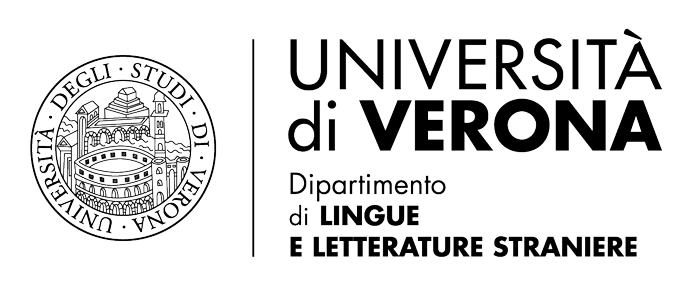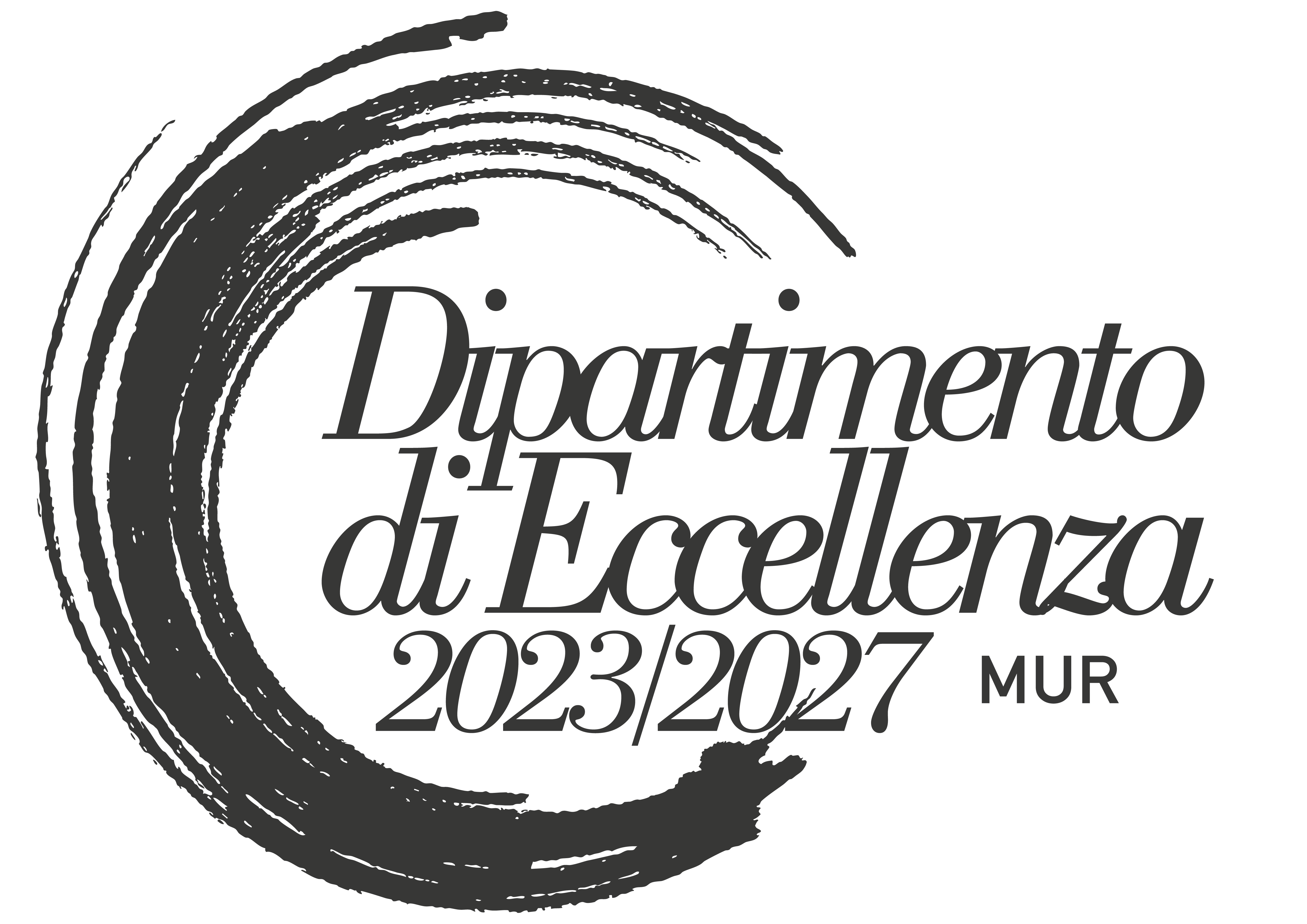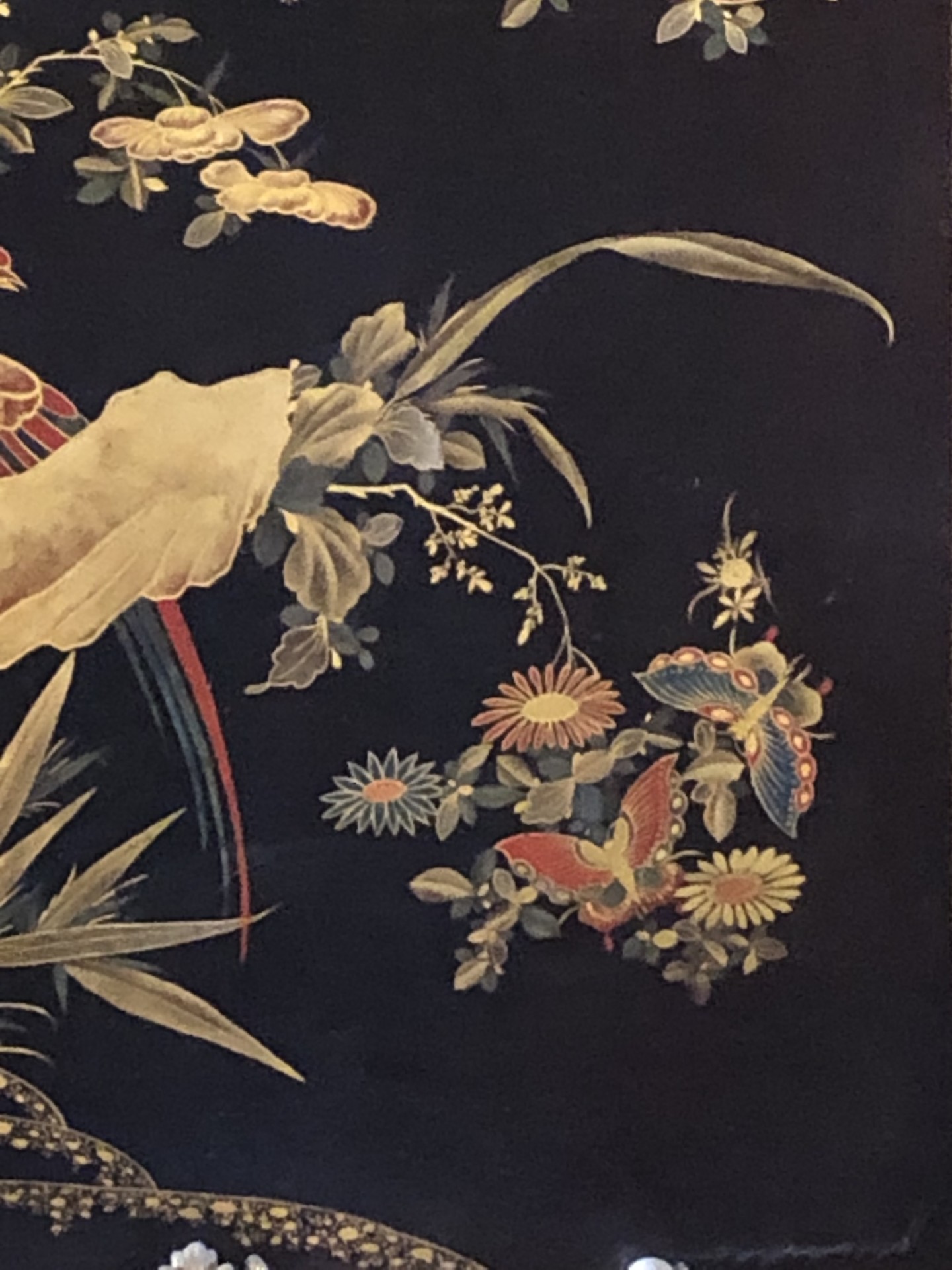In the course of the research carried out as part of the Accessing Ophelia Project coordinated by Dr Emanuel Stelzer, the need emerged to study the character of Cassandra as a depiction of cognitive disability in Shakespeare’s receptions of Troilus and Cressida in a new project that expands its boundaries across narrative, dramatic, and poetic genres in English literature from the Middle Ages to the present days. The quantity and nature of the material found, as well as its complexity, hint at entirely original possibilities for development.
The Cassandra Project investigates the representation of a particular case of prophetic furor as a cultural form of construction of female otherness on the ancient model of Cassandra, studying its mechanisms of exclusivity/inclusivity pertinent to various cultural discourses and their literary and theatrical re-elaborations. Cassandra is emblematic of femininity wounded by the violence of the divine masculine and who, although at the centre of the social and political life of Troy as a member of the royal family, undergoes a process of marginalisation: neither understood nor believed, she is at once princess and priestess, within and without the community to which she belongs. Her language speaks misunderstood and incomprehensible visions and, in the Aeschylus’ tragedy, is sum of tongues and glossolalia (Heirman 1975, Crippa 1990, Mazzoldi 2001). For Ratcliffe (1995), the inability of others to understand her raises questions of discourse articulation, as well as reception, of rhetoric and hermeneutics, invoking questions of ‘justice’ (73-4). In modern times, her otherness was identified as a psychological syndrome by Gaston Bachelard (1949), and was later studied, among others, by Melanie Klein (1963). The model referred to Cassandra identifies a constellation of emotional dysfunctions rubricated as typically female and referable to disorders such as hysteria (Layton Schapira 1988) and autism (Yergeau 2020).
The project aims to explore the appropriation and reinterpretation of this feminine model in a selection of literary texts in the English language, from the earliest medieval attestations (Geoffrey Chaucer and Robert Henryson) and sixteenth-century Senecan translations to seventeenth-century receptions, including Richard Barnfield’s Cassandra (1595) and Shakespeare’s Troilus and Cressida (1602?; printed 1609). It will then go on to analyse examples of ‘modern Cassandras’ in the following centuries, with a particular focus on the Victorian period, up to the present day, examining a large corpus of texts including, significantly, female rewrites such as Marion Zimmer Bradley’s The Fire Brand (1987), Barbara Wood’s The Prophetess (1996), and more recently Pat Barker’s The Silence of the Girls (2018) and Sharma Shields’ The Cassandra (2019) (cf. corpus). The research will also look at representations of Cassandras on stage, with a focus on Shakespeare’s Troilus and Cressida (2005) and modern English representations of ancient Cassandras (see for example Macintosh et al. 2018). The research, although focused on a corpus of texts and performances in English, situates itself within a broader framework that requires a transdisciplinary and comparative approach.
Starting from the study of the irrational and prophetic furor in the ancient world with attention paid to the specific case of female furor and the Cassandra figure in its various ancient articulations (e.g. Dodds 1951; Guidorizzi 2009; Pillinger 2019), we will explore its receptions in the (early) modern, modern, and contemporary ages, with a particular focus on the construction of a psychological, and more specifically psychiatric, female model and the dialogical relationship this has with literary texts and theatre. Our approach is mainly comparative and encompasses Reception stances, including Translation, Adaptation, and Performance studies, Disability Studies, as well as Feminist and more broadly Cultural Studies.
Group leader: Silvia Bigliazzi
Internal members:
- Petra Bjelica
- Elisa Destro
- Valdo Jelcic
- Cristiano Ragni
- Beatrice Righetti
- Isolde Schiffermuller
- Emanuel Stelzer
- Roberta Zanoni
External members:
- Anton Bierl (University of Basel)
- Francesca Cichetti (Università dell’Aquila)
- Francesco Dall’Olio (independent scholar)
- Giovanna Di Martino (University College London)
- Amanda Douge (Glasgow University)
- Marco Duranti (independent scholar)
- Alessandro Grilli (Università di Pisa)
- Sotera Fornaro (Università della Campania – Vanvitelli)
- Isabel Karremann (University of Zurich)
- Chiara Lombardi (Università di Torino)
- Justine McConnell (King’s College London)
- Francesco Morosi (Università di Udine)
- Anne Morvan (Nantes Université)
- Emily Pillinger (King’s College London)
- Eugenio Refini (New York University)
- Anne Sophie Refskou (Aarhus University, Denmark)
- Elena Rossi Linguanti (Università di Pisa)
- Olga Taxidou (Edinburgh University and NYU)
- Sarantis Thanopulos (Società di psicolanalisi Italiana)
- Elena Theodorakopoulos (University of Birmingham)
- Raffaella Viccei (Università Cattolica di Brescia)
- Amelia Wyckoff (Brown University)
- Antonio Ziosi (Università di Bologna)
Actions: WP 1.1
References:
Bachelard, Gaston. 1949. Le Rationalisme appliqué. Paris: PUF.
Crippa, Sabina. 1990. “Glossolalia. Il linguaggio di Cassandra”. Studi italiani di linguistica teorica applicata 19 (3): 487-508.
Doherty, Lillian, 2002. Gender and the Interpretation of Classical Myth. London: Duckworth.
Dodds, E.R. 1951. The Greeks and the Irrational. Berkeley: The University of California Press.
Hardwick, Lorna, and Harrison, Stephen J., eds. 2013. Classics in the Modern World: A ‘Democratic Turn’? Oxford: Oxford University Press.
Hardwick, Lorna, and Stray, Christopher. 2008. A Companion to Classical Receptions. Oxford: Blackwell.
Harrison, Stephen J., ed. 2009. Living Classics: Greece and Rome in Contemporary Poetry in English. Oxford: Oxford. University Press.
Heirman, L.J. 1975. “Kassandra’s glossolalia”. Mnemosyne 28 (3): 257-67.
Guidorizzi, Giulio. 2009. Ai confine dell’anima. Milano: Raffaello Cortina Editore.
Yergeau, Melanie. 2020. “Cassandra Isn’t Doing the Robot: on Risky Rhetorics and Contagious Autism”. Rhetoric Society Quarterly 50 (3): 2012-21.
Klein, Melanie. 1963. “Some Reflections on The Oresteia”. In Klein, Melanie. Envy and Gratitude. And Other Works, 1946-1963, 275-299. London: Vintage.
Layton Schapira, Laurie. 1988. The Cassandra Complex. Living with Disbelief: a Modern Perspective on Hysteria. Toronto: Inner City Books.
Macintosh, Fiona, Justine McConnell, Stephen Harrison, and Claire Kenward, eds. 2018. Epic Performances from the Middle Ages into the Twenty-First Century. Oxford: Oxford University Press.
Macintosh, Fiona, Pantelis Michelakis, Edith Hall, and Oliver Taplin, eds. 2005. Agamemnon in Performance 458 BC to ad 2004. Oxford: Oxford University Press.
Martindale, Charles, and Richard F. Thomas. 2006. Classics and the Use of Reception. Oxford: Blackwell.
Mazzoldi, Sabina. 2001. Cassandra, la vergine e l’indovina. Identità di un personaggio da Omero all’Ellenismo. Pisa – Roma: Istituti editoriali e poligrafici internazionali.
Pillinger, Emily. 2019. Cassandra and the Poetics of Prophecy in Greek and Latin Literature. Cambridge: Cambridge University Press.
Ratcliffe, Krista. 1995. “Listening to Cassandra: A Materialist-Feminist Exposé of the Necessary Relations between Rhetoric and Hermeneutics.” Studies in the Literary Imagination 28 (2): 63–77.
Shakespeare, William. 2005. Troilus and Cressida (Shakespeare in production series). Edited by Frances A. Shirley. Cambridge: Cambridge University Press.
Theodorakopoulos, Elena ed. 2012. Translation, Transgression, Transformation: Contemporary Women Authors and Classical Reception, special issue of Classical Receptions Journal 4 (2).








